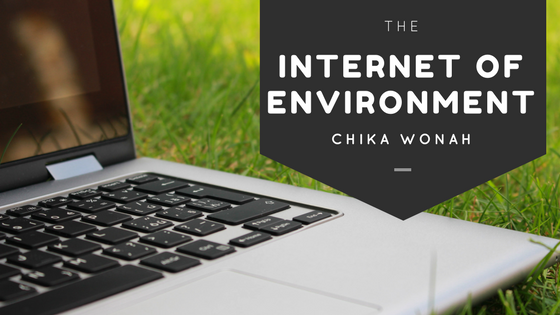The Internet of Things holds wild implications for how we interact with our environment and urban centers. Because IoT lets us track where we go, what we buy, and how much we waste, we could feasibly use it to help us live greener lives…or it could make us waste even more.
The idea of such innovation and connectivity often leads to an increase in conversation, both positive and negative, and debate. Of course, the introduction of IoT technologies is no exception. The focus of this debate is whether or not IoT will be harmful to our already decaying environment.
In the eyes of IBM Watson, the answer to that question is a resounding no. Thanks to the company’s contributions to IoT technologies, as well as their collaborations with companies like Siemen’s and KONE, the future looks bright for environmentally conscious companies around the globe.
For example, IBM-powered IoT technologies aid businesses in diminishing their carbon footprint by reducing pollution and enhancing building sustainability. In recent years, buildings using these IoT technologies have been able to analyze real-time data from sensors and use this gathered information to generate insights on how people use the office building.
By tracking these trends, building managers may be able to install certain devices to reduce energy waste, including: smart lights that brighten and dim in relation to the amount of natural lighting available; smart window shades that lower and rise to improve the efficiency of both the heating and cooling system; and buildings that create their own energy via solar panels and return the energy they do not use.
Additionally, IoT technologies have given way to pocket-sized sensors that can be used to track environmental changes such as air quality, radiation, water quality, and airborne chemicals. Such devices not only improve our ability to seek out effective solutions to environmental crises, but improve the lives and health of those inhabiting affected regions.
While these IoT technologies offer us the opportunity to change our world for the better, it is important to note that they are not inherently good. Such technologies can be used to the detriment of our environment, like in the growing epidemic of electronic waste (e-waste). Therefore, it is important to do our due diligence and promote awareness of such injustices, thus ensuring the continued development and improvement of these life-changing IoT technologies.
